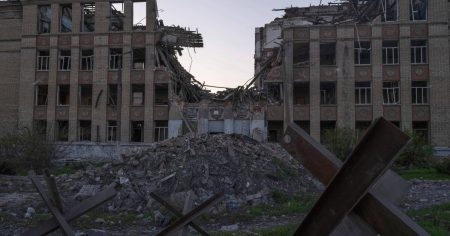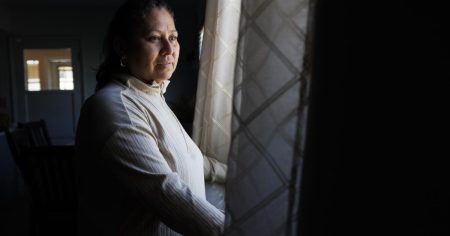The case of Thomas Marriott, a 39-year-old former teacher at a prestigious private school in York, has sent shockwaves through the education community and beyond. Marriott, who worked as a history teacher and rowing coach at St Peter’s School between 2007 and 2011, was found guilty of engaging in a secret sexual relationship with a female pupil during his time there. The relationship, which was described as “sordid” and “inappropriate,” took place on school grounds and involved multiple instances of sexual activity. Marriott, who later became a deputy headteacher at another school, was arrested in November 2021 and confessed to three counts of sexual activity with a child by a person in a position of trust. As a result of his actions, he has been banned from teaching for life and was handed a 21-month suspended prison sentence, along with a requirement to undergo rehabilitation, perform unpaid work, and register as a sex offender for 10 years.
The details of Marriott’s misconduct are deeply troubling. While working at St Peter’s School, he exploited his position of authority to groom and manipulate a vulnerable student, instilling in her a sense of secrecy to maintain control over the relationship. This abuse of power not only caused significant long-term harm to the victim but also undermined the trust placed in educators to protect and support their students. A Teaching Regulation Agency (TRA) misconduct panel found that Marriott had breached teaching standards and committed serious misconduct, noting that his actions had “impacted the safety of pupils and/or members of the public.” The panel also emphasized the broader implications of his behavior, stating that it would damage public confidence in the teaching profession as a whole. The fact that the relationship occurred on school premises, where students should feel safe and supported, only adds to the severity of the misconduct.
Marriott’s victim endured profound emotional and psychological harm as a result of the abuse. The TRA panel highlighted the power imbalance inherent in the teacher-student relationship, which Marriott exploited to satisfy his own desires. The harm caused by his actions extended beyond the immediate injuries to the victim, raising concerns about the school’s safeguarding practices at the time of the abuse. While St Peter’s School has since issued a public apology to the victim and emphasized its commitment to pupil safety, the case has raised questions about how such abuse could have gone undetected for so long. The school has assured the public that it is continually reviewing and improving its safeguarding measures, but the incident underscores the need for vigilance and accountability in educational settings.
In an effort to explain his actions, Marriott claimed he had not fully understood the illegality of his conduct, citing his lack of formal teaching qualifications at the time of the abuse. However, this defense rings hollow given the clear ethical and legal boundaries that exist between teachers and students. While Marriott later admitted full responsibility for his crimes and expressed remorse, the panel remained unconvinced by his claim of ignorance, recognizing that his actions were deliberate and manipulative. Despite his subsequent efforts to rebuild his career as a teacher, including a period of positive reviews from former students and colleagues, Marriott’s past behavior has permanently discredited him as an educator. His case serves as a stark reminder of the consequences of abuse of power and the importance of upholding the highest standards of integrity in the teaching profession.
The impact of Marriott’s actions extends beyond the individual victim and the school community. The TRA panel noted that public trust in teachers, who often serve as role models and mentors to young people, has been shaken by the revelation of Marriott’s crimes. Teachers are entrusted with the care and education of children, and any breach of that trust can have far-reaching consequences for the profession as a whole. While Marriott’s case is extreme, it highlights the need for ongoing vigilance and transparency within schools to ensure the safety and well-being of all students. The panel’s decision to impose a prohibition order on Marriott, effectively banning him from teaching indefinitely, reflects the severity of his offenses and the need to protect future students from potential harm.
In the aftermath of Marriott’s sentencing, St Peter’s School issued a detailed apology to the victim, acknowledging the suffering she endured and expressing a commitment to supporting her in her recovery. The school has also reaffirmed its dedication to safeguarding, stating that the protection of pupils is of “paramount importance.” While these measures are a step in the right direction, they cannot undo the harm caused by Marriott’s actions. The case serves as a somber reminder of the vulnerabilities that exist within educational institutions and the need for robust systems to prevent and detect abuse. As the teaching profession continues to grapple with the fallout from this case, it is clear that the safety and well-being of students must remain the top priority for schools everywhere.









